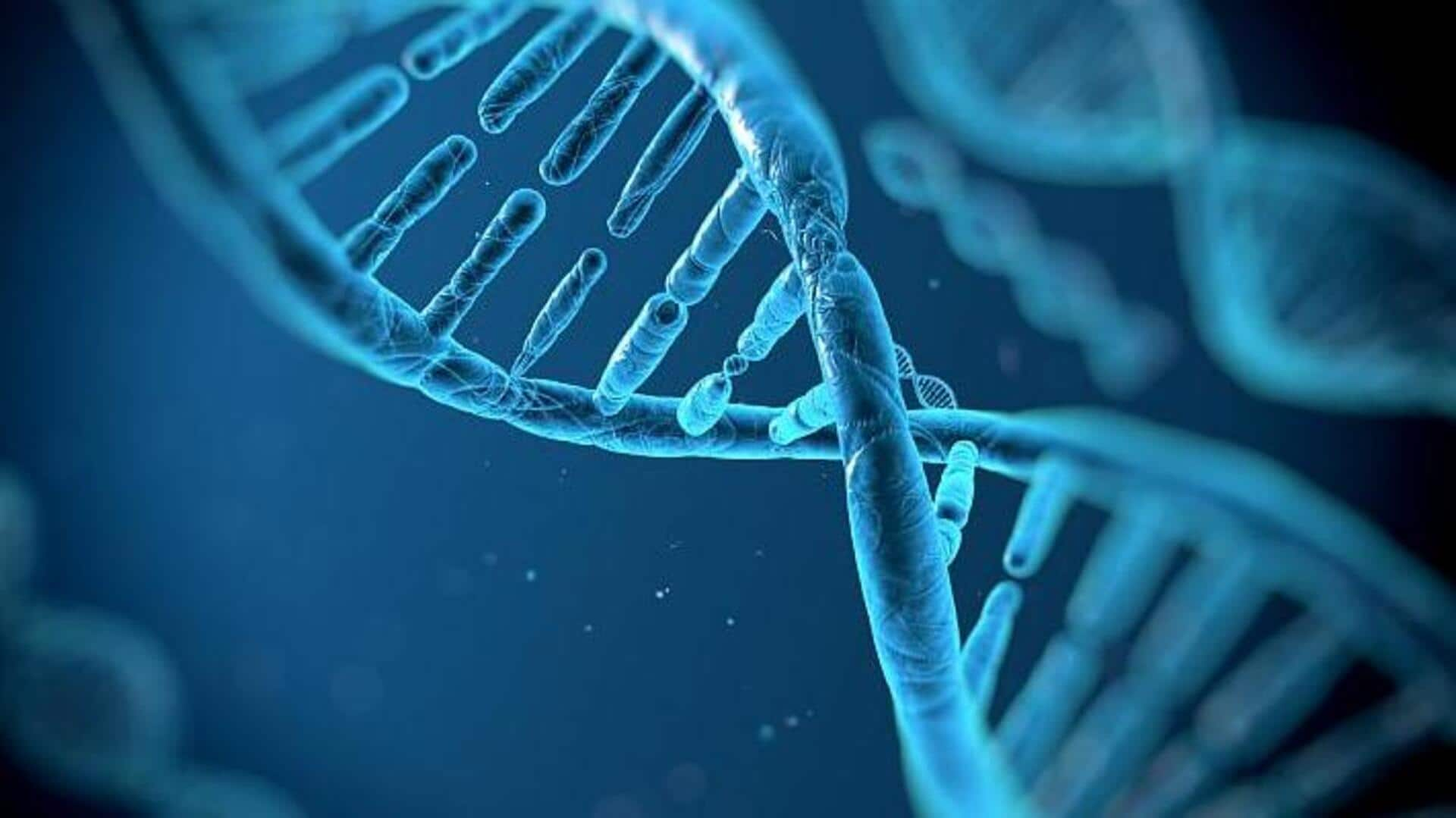
In a first, scientists fully decode sex-related Y chromosome
What's the story
Scientists have completely sequenced the male Y chromosome for the first time.
The Y chromosome, one of the two sex chromosomes, plays a crucial role in reproductive functions, such as sperm production. It has also been associated with cancer risk.
The chromosome's intricate structure had made it challenging to decipher but the breakthrough has been achieved.
This was made possible by "new sequencing technologies and computational methods," said the study's lead author, Arang Rhie, from National Human Genome Research Institute.
Details
'Y chromosome is the fastest-evolving chromosome in human genome'
While the X chromosome's complete sequence came out in 2020, the Y chromosome had significant gaps.
The new research "fills in gaps across more than 50% of the Y chromosome's length," per the National Institutes of Health.
"The Y chromosome is the smallest and the fastest-evolving chromosome in the human genome, and also the most repetitive, meaning that its DNA contains stretches of DNA repeated many times over," said the study's co-author Monika Cechova.
Findings
The findings could help in fertility research
Researchers uncovered medically relevant regions, including genes involved in sperm production. This groundbreaking development could have significant applications in research on male infertility.
"Many of these genes are important for fertility and reproduction, and especially spermatogenesis, so being able to catalog normal variation as well the situations when, for example, azoospermia (an absence of sperm in semen) occurs, could be helpful for IVF (in vitro fertilization) clinics as well as further research into activity of these genes," Cechova said.
Implications
The study could have potential applications in medicine and research
Researchers also discovered that some DNA in the Y chromosome had been misidentified as bacterial in previous studies.
In 2003, the Human Genome Project released the first sequence of human genome, accounting for over 90% of human genome.
In May 2023, a new version of the human genome was released, reflecting the diversity of the global population.
Overall, the latest development marks a substantial step forward in our understanding of human genetics and could pave the way for personalized genomics.